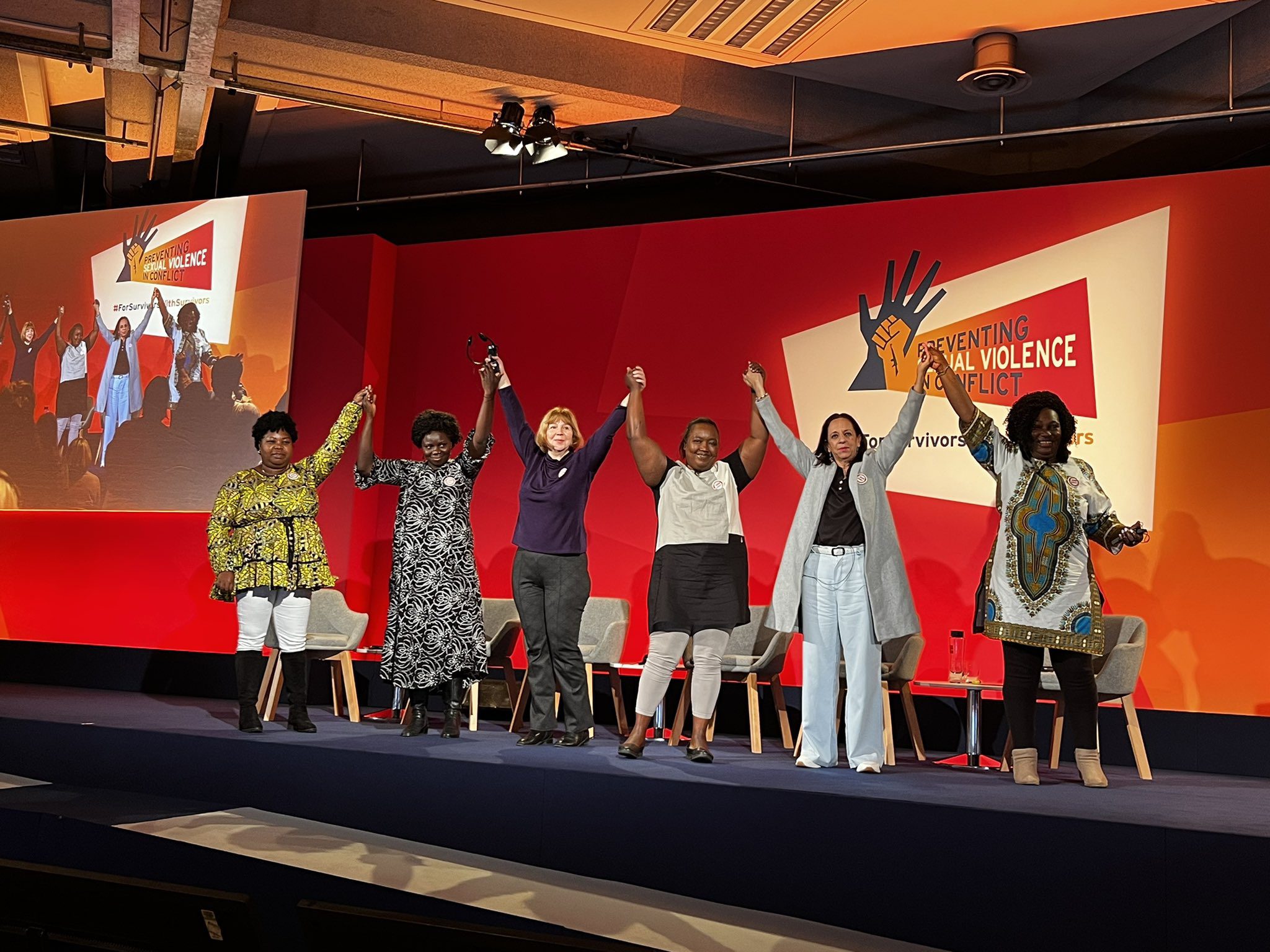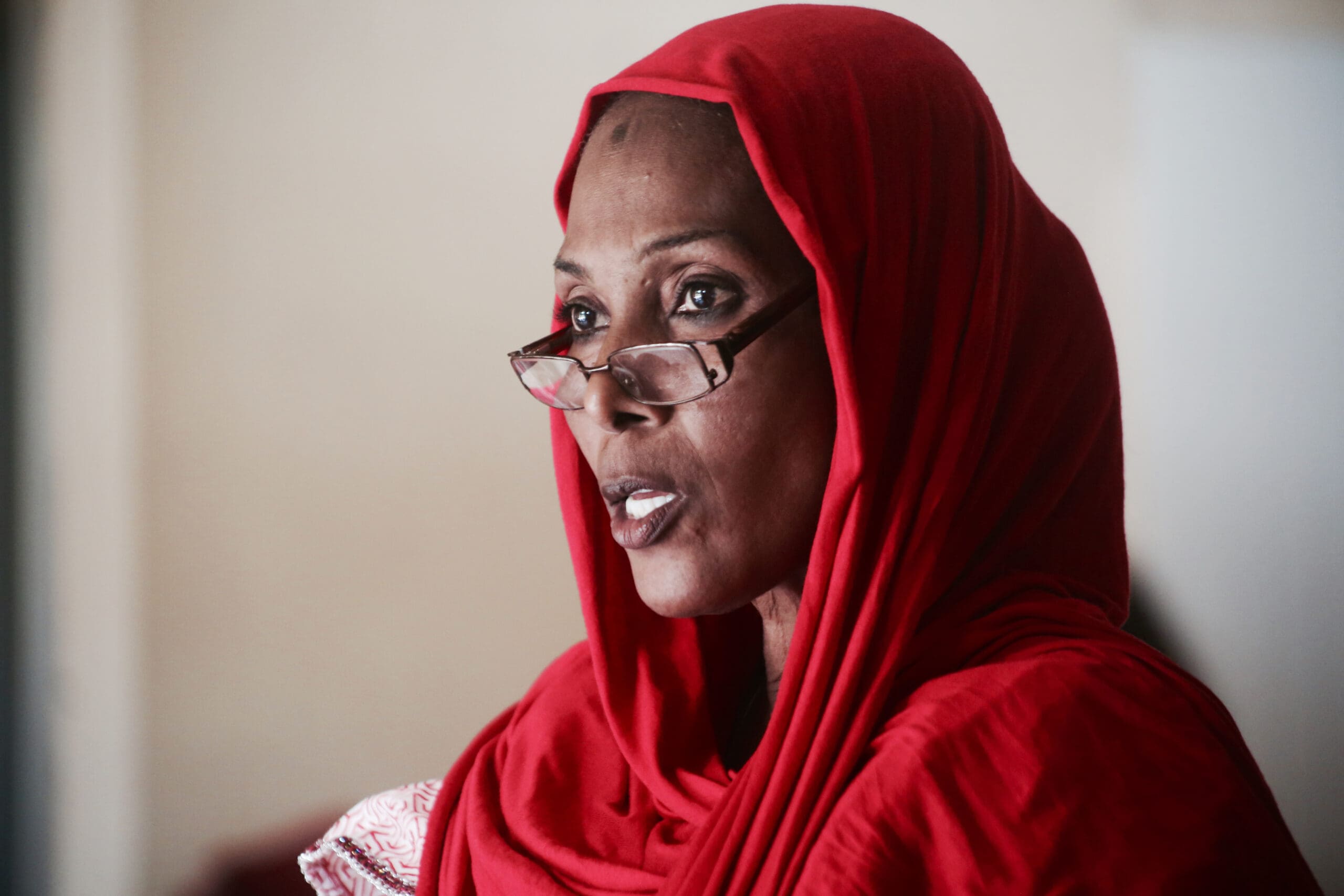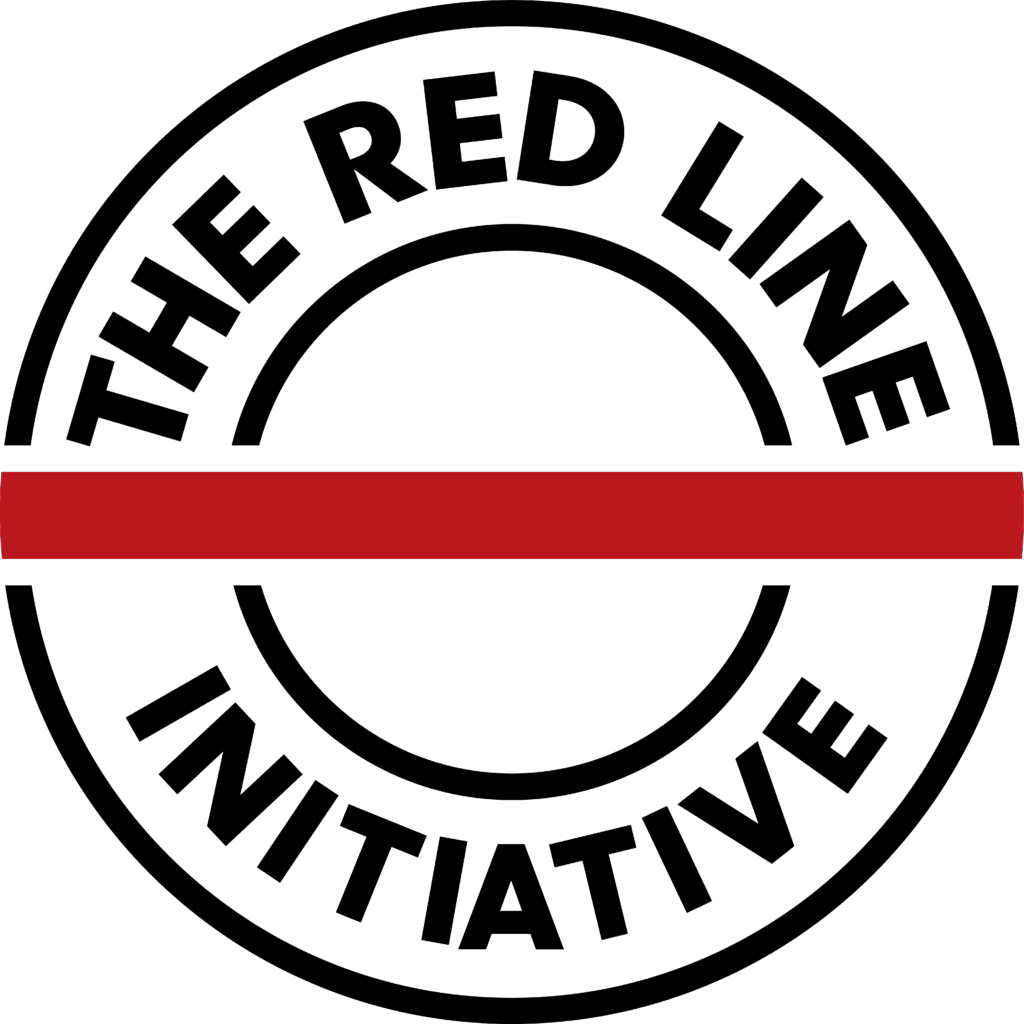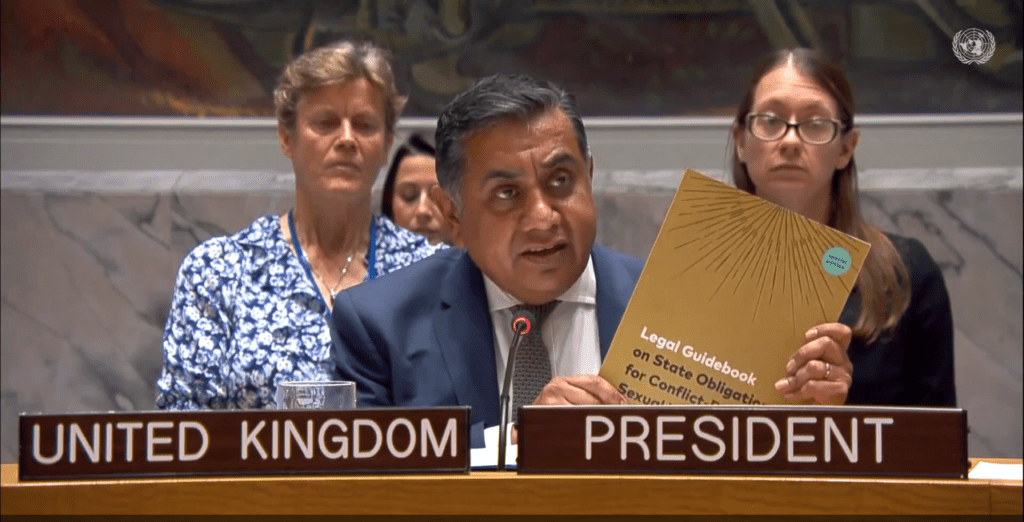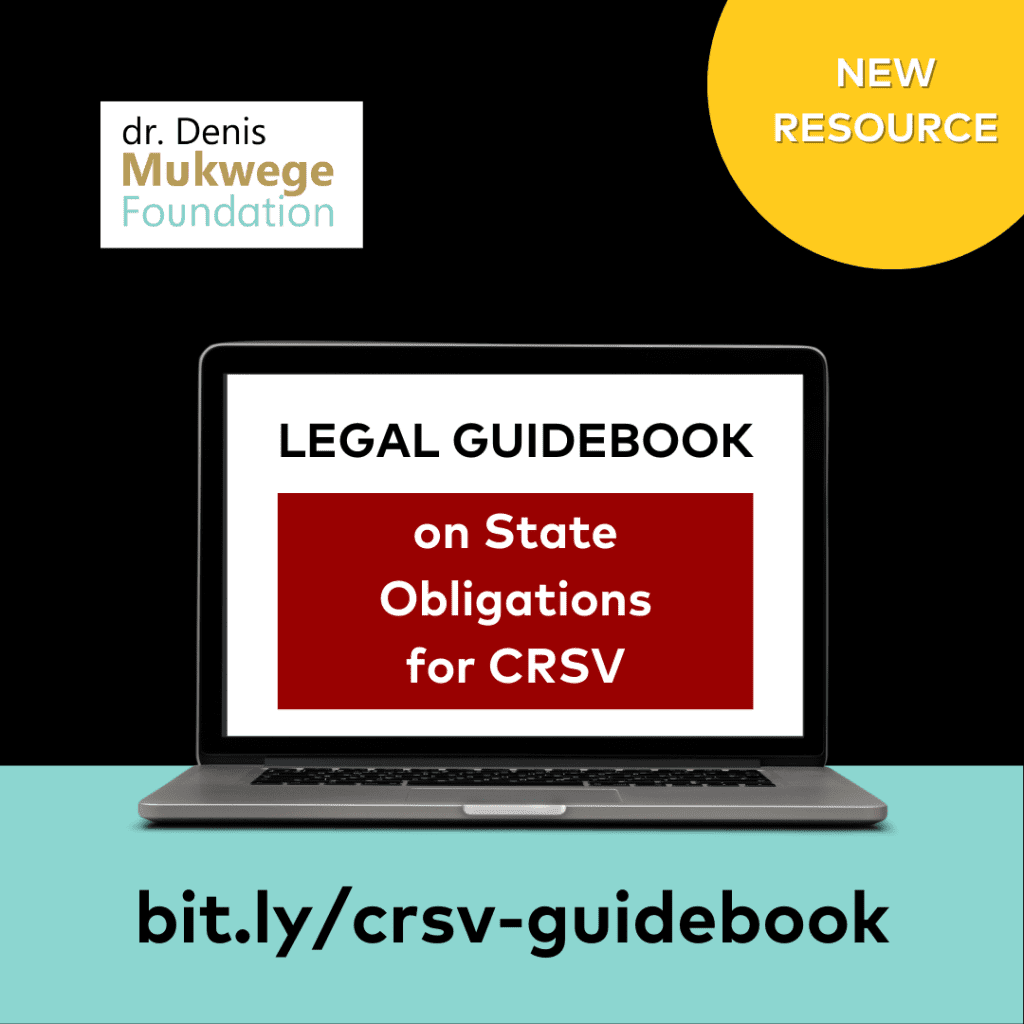The challenge
States have a legal and moral responsibility to protect their citizens and ensure that perpetrators of sexual violence in conflict are held to account. Yet time and again, as conflict consumes a country or region, the bodies of civilians – and especially those of women and girls – become a battlefield for armed forces to reach their objectives.
Increasingly it is recognised that conflict-related sexual violence is not merely opportunistic. It is being used systematically and intentionally as a method of warfare – for ideological ends, to ‘reward’ combatants or to punish an enemy, to finance armed campaigns through sexual exploitation, or as a chilling attempt to wipe out an entire ethnic or religious group.
Although there are legal and normative frameworks which clearly prohibit sexual violence in conflict, these crimes are perpetrated with flagrant impunity and with little chance of redress for victims.
Our solution: The Red Line Initiative
Following Dr Mukwege’s call for action at the 2021 G7 annual summit, the Mukwege Foundation launched the Red Line Initiative, calling for an end to sexual violence in conflict.
The Red Line Initiative is rooted in the belief that sexual violence in conflict is a violation of our shared humanity. It cannot be accepted as an inevitable part of armed conflict. Sexual violence can be prevented and must be prioritised as a wholly unacceptable tactic that has no place in modern warfare.
The Red Line Initiative aims to:
- Evoke a clear moral rejection and outcry against the use of conflict-related sexual violence in all its forms;
- Clarify the legal obligations on states to prohibit sexual violence in conflict, to prevent and punish it, and to repair its harms; and
- Build political will to ensure a more robust and timely response by states in line with their international obligations.
The Guidebook on State Obligations for Conflict-Related Sexual Violence
Even in war there are rules. Conflict-related sexual violence is prohibited through international humanitarian law, international human rights law, and the United Nations Security Council resolutions. These legal frameworks set out states’ obligations to prevent, stop, and respond to conflict-related sexual violence – and to hold each other to account.
Through consultations and research, we identified that states need to be better aware of their existing obligations – and that this awareness gap is preventing the robust enforcement of laws and norms.
In response, we have created The Guidebook on State Obligations for Conflict-Related Sexual Violence – an online resource which compiles the relevant international law and standards in an accessible and user-friendly tool for states, policy makers and civil society.
Find out more about The Guidebook on State Obligations here.
#EndCRSV
As always, survivors are at the centre of our approach.
Survivors in the SEMA global network have worked with us to create a Call to Action, demanding that governments and the international community take them seriously and take a meaningful stand against sexual violence in conflict.
In 13 powerful demands they have set out the practical steps they want governments to take to prevent sexual violence in conflict, respond to survivors, hold perpetrators to account and to uphold survivors’ rights to reparations and redress.
Their Call to Action was launched at the United Kingdom’s Preventing Sexual Violence Initiative Global Summit in November 2022.
Add your voice and support survivors’ Call to Action here.

